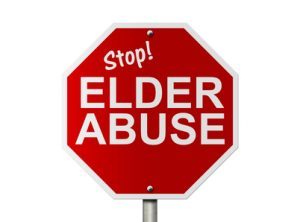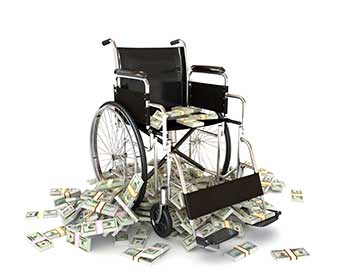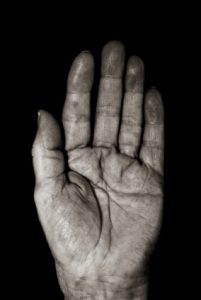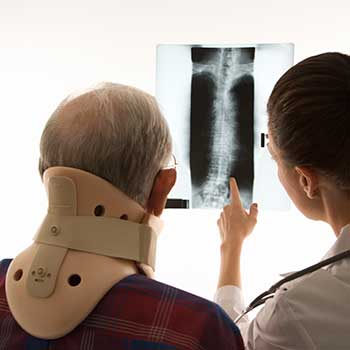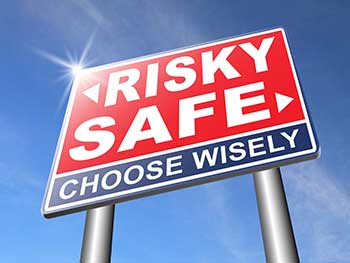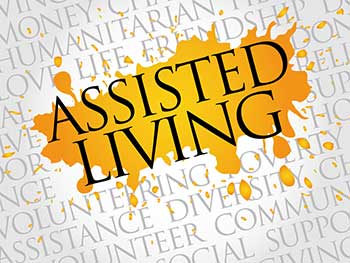Search
Poor Conditions in Nursing Homes Lead to Abuse
 By Hughes & Colman Injury Lawyers
By Hughes & Colman Injury Lawyers
As the population in the US and the world continues to age more and more seniors will be in need of care. Whether in home care providers, family members, or nursing homes most seniors will reach a point where it is no longer safe for them to live on their own and care for themselves. Risk of falling and injury increases as people age. In addition memory problems and Alzheimer’s make it difficult for some seniors to remember how to do the most basic, routine activities. In this case a care solution is required to ensure their continued health and safety.
What if deciding to place our loved ones in a nursing home to get the proper care they need to live comfortably only puts them in more danger? For many seniors this is not a theoretical question but a harsh reality. Abuse in nursing homes is rampant and often times unqualified staff our hired, people are not properly trained, and at times simply do not care. This is not saying that all nursing homes are staffed will untrained, uncaring people – in many cases the opposite is true. Unfortunately for seniors living in a home with staff that does not care – struggling to live alone would be preferable.
 Nursing Home Law News
Nursing Home Law News